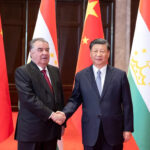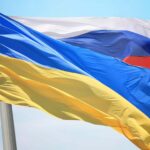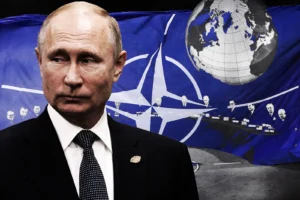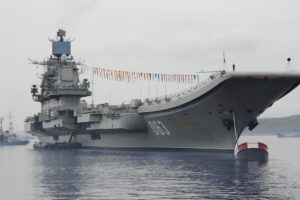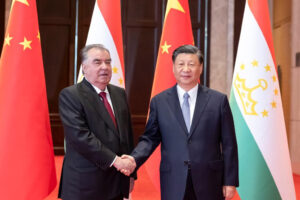Declassified documents from the U.S. National Security Archive reveal a telephone conversation between the president and national security advisor after the failed CIA-backed plot
While the commander-in-chief of the Chilean Army, General René Schneider, was dying in the Military Hospital in Santiago on October 22, 1970, after being shot three times by right-wing extremists, U.S. president Richard Nixon called his national security advisor, Henry Kissinger. The objective was to oversee an operation aimed at preventing the inauguration of the elected president, the socialist Salvador Allende, which was scheduled for November 3. After the military failed to take power following the attack on Schneider, Kissinger told the U.S. leader that the Chilean military turned out to be “a pretty incompetent bunch,” according to declassified documents released Tuesday by the U.S. National Security Archive, which the institution’s senior analyst, Peter Kornbluh, includes in the recently published 50th anniversary Chilean edition of his book The Pinochet File: A Declassified Dossier on Atrocity and Accountability.
Five weeks before Allende was due to assume the presidency, Nixon had ordered a CIA-backed plot to block the socialist’s inauguration. When Kissinger explained the theory that the military would not take advantage of the social chaos resulting from the Schneider assassination attempt to seize power, Nixon replied: “They are out of practice.”
“The [congressional] election is tomorrow and the inauguration is [November] third. What they could have done is prevent the Congress from meeting. But that hasn’t been done. It’s close, but it’s probably too late,” Kissinger says in the declassified “telcon” with Nixon on October 23, 1970. When he finally addresses the attempt on Schneider’s life — the original plan was to kidnap him, not assassinate him — Kissinger posits to Nixon that there was “a turn for the worse, but it hasn’t triggered anything else.” “The next move should have been a government takeover [by the military], but that hasn’t happened.” Washington’s aim was to create a “coup climate” in Chile.
Kornbluh, director of the Chile Documentation Project at the Washington-based U.S. National Security Archive, notes that in the conversation between Kissinger and Nixon, “they say nothing that alludes to regret over the assassination of General Schneider; they are totally focused on the incompetence of the Chilean military, which failed to execute the coup to seize power, shut down Congress and block Allende’s inauguration.”
When the call from Kissinger came in, Nixon had already received the CIA report on the attempt against General Schneider. “The plot was to pay for and support an action against Schneider, because he was commander-in-chief, the highest-ranking military officer, and a supporter of the Constitution and, therefore, the elections and their results. The other lower-ranking generals could not mobilize their troops without his permission. Without that, General Camilo Valenzuela was able to climb the ladder,” notes Kornbluh.
The Chilean government has formally requested that U.S. President Joe Biden’s administration publish documentation from 1973 and 1974 on what was said in the Oval Office before and after the coup led by Augusto Pinochet. “We still don’t know what President Nixon saw on his desk the morning of the military coup,” Chile’s ambassador to the United States, Juan Gabriel Valdés, said during an interview with EFE. “There are details that remain of interest to [Chileans], that are important for us to reconstruct our own history.” Kornbluh has also backed the petition: “If not now, on the 50th anniversary, when?
Source : elpais.com



